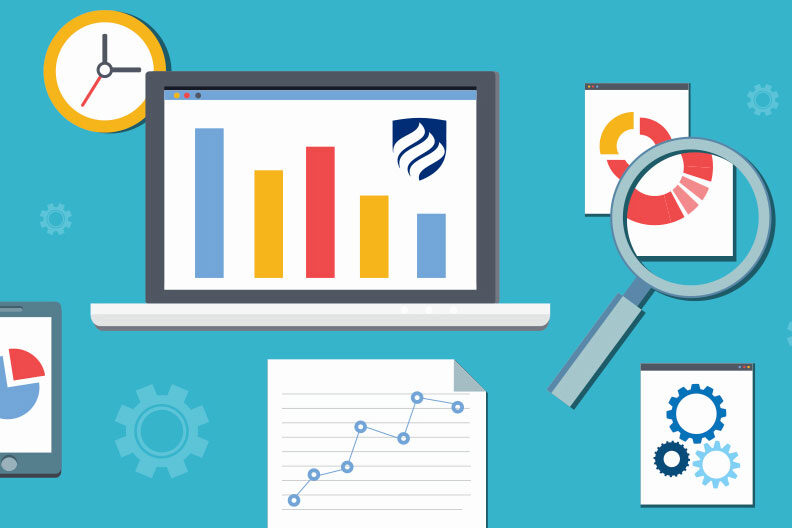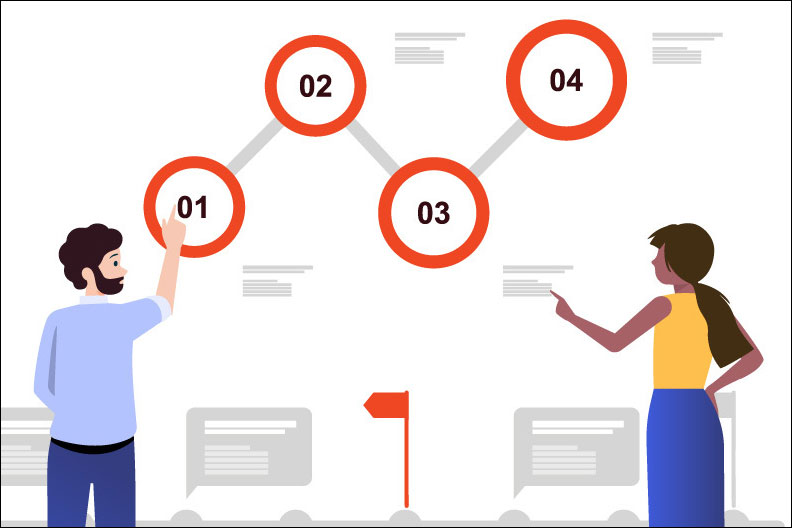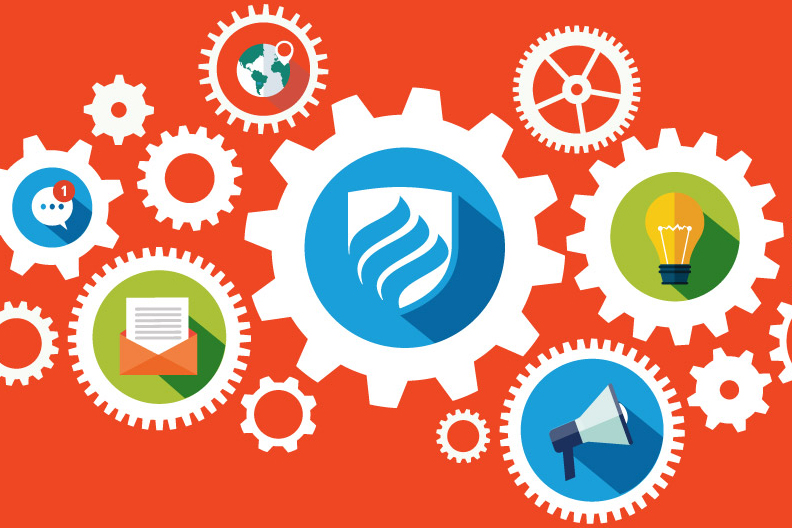What is the PMP Exam?
GRADUATE STUDIES | 4 MIN READ

The PMP exam is a lengthy and comprehensive test to become certified by the Project Management Institute (PMI) as a project manager. It’s the best way to make sure you’ll meet industrywide standards when you start your project management career.
Getting the PMP certification also makes you an attractive candidate for potential employers. The median salary for PMP holders in the U.S. is 25% higher than for those without the certification, according to the institute.
But acing this exam isn’t a cakewalk.
“The PMP has changed significantly this year. It is based on the seventh edition of the Project Management Body of Knowledge (2021) and includes a lot of questions on Agile project management,” says Dr. Bruce Fischer, director of the Master of Project Management program at Elmhurst University.
According to the institute, two out of five people fail on their first attempt. Successful test-takers put in an average of 35 hours prepping for the nearly four-hour exam.
Fortunately, after you are approved to take the exam, you have a year—and up to three attempts—to pass it.
How to Apply for the PMP Exam
To be eligible to take the exam, you’ll need to document your experience and credentials. For people who hold a four-year degree (or higher), that means three years of leading projects and 35 hours of project management training.
For folks with a high school diploma or an associate’s degree, it means five years of experience leading projects and 35 hours of project management training.
For your application, document where you have worked, your responsibilities and the projects you’ve completed—as well as the courses you’ve taken.
If your application is accepted, you’ll register for the test. Note: The cost is $405 for PMI members and $555 for nonmembers.
You can take the test online or at a testing center.
What’s on the PMP Exam?
The PMI recently updated its test to focus on three areas crucial to project management success:
- People: The soft skills you’ll need to manage and communicate with your team.
- Process: The technical aspects of managing a project.
- Business environment: The broader implications of how project management fits into organizational strategy.
Each domain of the test includes content that covers a range of approaches to project delivery, including predictive, agile and hybrid.
And you can expect a variety of question formats: multiple choice, multiple response, matching, hotspot and even a few fill-in-the-blank.
How to Prepare for the PMP Exam
There’s some peace of mind in knowing that you’ll be in good company even if you don’t pass on your first try. But if you can shore up your chances for immediate success, why not do it?
First, think through a plan. Writing it out can help. When will you study, and where?
Flashcards are a great learning tool when you’re on your own. Or, if you work best when you’re bouncing ideas off of others, check with a local PMI chapter about finding a study group. Meanwhile, practice exams are available online. Take a reputable one to see where you stand.
You might also want to invest in some study guides. “A Guide to the Project Management Body of Knowledge” is a fundamental resource for project management. It covers development approaches, tools and techniques, project outcomes and deliverables. Projectmanagement.com offers community discussions and blog posts devoted to exam prep. And, of course, you can find numerous exam-prep books to purchase.
If you’ve earned a degree in project management or certificate in project management, your college may offer review courses, which often are free of charge.
Become PMP® Ready at Elmhurst University
Become the one who gets it done. Elmhurst University offers a flexible Master of Project Management program that gives you the tools to succeed on the PMP exam.
Complete the form below to learn more today!





